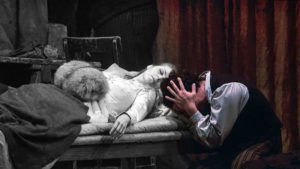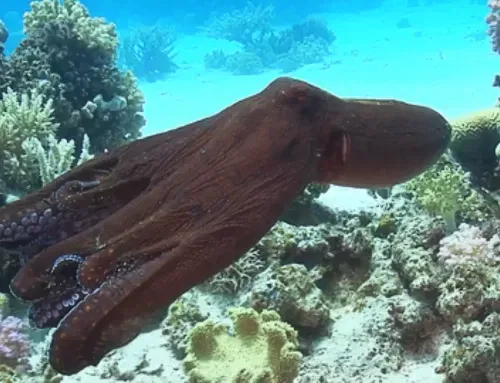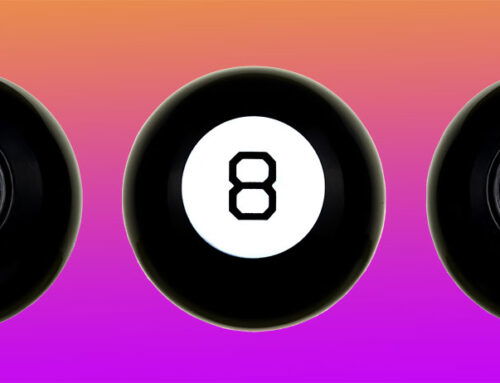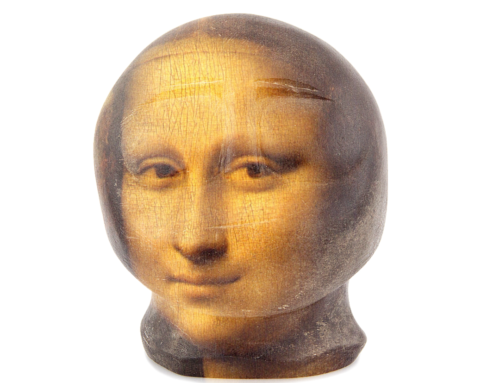Think back on your life. What stands out? What do you remember first, and then what comes to you more slowly as you reconstruct your memories? Or, what made you choose one or another event among the thousands that comprise your life? This was one of the challenges I faced when writing my memoirs. I have now finished the book of linked personal essays and am looking for a publisher.
When I consider the many events and occasions of my life that I have omitted from my memoirs, I say to myself, “I need to do more work, to add this, to delete that, to dig deeper, to tell more about what I did and what happened to me.” However, knowing when any creative project is finished is always debatable and can be as difficult as starting the project. But too much tinkering can contaminate and spoil the important moments at the expense of authenticity and intimacy.
What I chose to write about in the memoir were special moments etched in my mind: the moment Alberto Monroy, a known scientist I admired, told me at Woods Hole when I was a novice graduate student that “only real scientists would be playing hooky at the beach on such a beautiful sunny day”; or the moment Professor Leigh Hoadley kindled my curiosity when he asked the embryology class at Harvard “what do you think would happen if a beginning frog embryo would be cut in half?”; or the moment my father touched my cheek backstage before turning his attention to a line of admirers waiting for his autograph after he played a concert at the Casal’s Music Festival in Puerto Rico. What my research project was at Woods Hole when I was discovered sneaking out of the laboratory to go for a swim on a sunny day, or what actually happens when a fertilized frog’s egg is cut in half, or what concerto my father played and how that came about at the Casal’s Music Festival are all interesting – even fascinating – but the impact of the transient, special moments outlasts the events themselves.

La Bohème from the Metropolitan Opera April 2014 by Bengt Nyman / CC BY 2.0
I love opera, but it’s when Mimi dies in La Bohème, or when the lovers are sealed – buried alive – in Aida that brings tears to my eyes and breaks my heart, not because these are sad stories, but because the music at those moments is so beautiful and soulful and blends with everything I love and becomes intensely personal. Those moments make the difference between hearing the music, following the story and feeling it.
The impact of the transient, special moments outlasts the events themselves… It’s the lingering moments that make it all worthwhile.
Or consider science. I could write at length about my research projects, listing my publications and explaining what I believe are the most significant findings. Those events and facts are interesting and concern science in my life. But it’s neither the projects nor their outcomes that come first to mind when I think about my life in science. Rather, it was my amazement when I first glimpsed the clarity and magnifying power of an eye lens – a bundled group of transparent living cells – and how the lens became almost invisible when I placed it in a Petri dish, or the awe I felt when I watched under the dissecting microscope the beating heart propel the blood of a tiny chicken embryo barely two days old: from nothing to a living, beating functional heart in a few hours! Or it was when I waited from six o’clock until midnight at the dock in La Parguera, Puerto Rico for jellyfish to come to the light I beamed on the water, and then, finally, one rose majestically from the depth and appeared, and then another and another, inspecting, free, magnificent – a moment in my life as a scientist that I cannot forget or relive.
Those moments make the difference between hearing the music, following the story and feeling it.
Even when I think about my high school days in Los Angeles when I was a competitive tennis player, it’s the special moments that stand out. Of course I remember the training and tournaments I played, such as when I was soundly beaten (oh my god, 6-0, 6-0) or when I upset more highly ranked players that were supposed to beat me (victory is always sweet). But my deeper, physical understanding and love of tennis was in the rare moments of battle when I felt a surge of energy and infallibility that allowed me to hit the ball as hard as I wanted and place it on the other side of the court precisely where I chose and knew I wouldn’t miss – a suspended state of confidence and ability that arrives by chance and leaves at will, called playing “in the zone.” Playing in the zone transcended tennis beyond the specific experiences, beyond winning or losing. Those were the special moments when I became one with the sport and married to its magic for life.
It is these unpredictable moments that characterize most truthfully who I am as a human being. It’s not the stereotypical “journey” or destinations that have the most meaning to me: it’s the lingering moments that make it all worthwhile.






Lovely… I am looking forward to reading your memoirs.
-Shiva Swamynathan
Thanks Shiva. I’m glad you liked it.